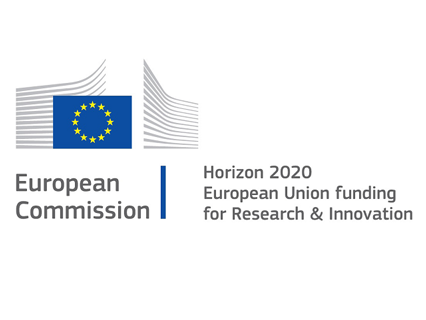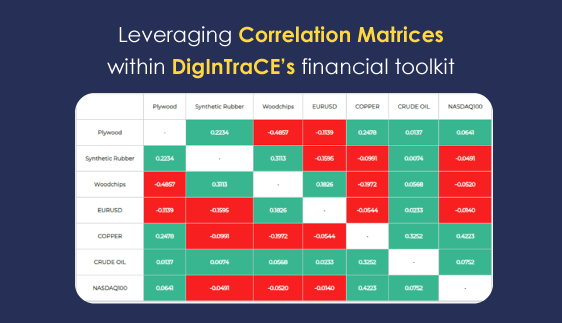HYPERTECH Energy Labs have been awarded a new R&D contract from the European Commission (Project: ACCEPT - ACtive Communities & Energy Prosumers for the energy Transition).
Demand flexibility from residential buildings is the main untapped source of flexibility currently in the market and promises significant flexibility potential, especially taking into account the electrification of heat and transport mega-trends. Energy communities are a promising organizational vehicle for involving citizens – who directly control residential demand - in the energy transition, but currently lack the necessary tools to exploit the available opportunities and create financially viable operations based on the provision of services that citizens want. ACCEPT aims to fill this gap by delivering a digital toolbox that energy communities can use to: i) offer innovative and desired digital services, complementing their existing non-digital services to their members and customers, and ii) gain access to revenue streams that can financially support their operations and ensure longevity and well-functioning of the community itself. To achieve this aim, the ACCEPT consortium is framing the citizen engagement and business modelling activities in the same priority as the technical development ones. Their intertwined implementation will be the critical success factor for the delivery of the ACCEPT solution as a Minimum Viable Product that has already passed preliminary market testing and financial viability checks.
Hypertech Energy Labs holds the role of project coordinator of an international consortium of renowned academic and industrial partners involving Fundacion Circe Centro de Investigacion de Recursos y Consumos Energeticos, La Solar Energia Sociedad Cooperativa and Viesgo Distribucion Electrica SL (Spain), GECO Global IVS (Denmark), QUE Technologies Kefalaiouchiki Etaireia, Ethnico Kentro Erevnas kai Technologikis Anartysis, Mytilinaios Anonimi Etaireia (Greece), Witside International Markets Limited (Cyprus), University College Cork – National University of Ireland, Cork (Ireland), Rina Consulting SPA (Italy), Bedrijfsbureau Energie Samen BV and Cooperatief Energie Dienstenbedrijf Rivierenland BA (Netherlands) and Azienda Elettrica Massagno (AEM) SA.
HYPERTECH will also lead WPs on project management and quality assurance, prosumer/ building-level modelling and optimization tools, cooperation and collaboration activities, data management plan, ethics manual, RRI reporting and ethics management report, business scenarios – use cases – requirements and system architecture description.
ACCEPT is a project co-funded by the European Commission under the H2020 Programme/ Topic LC-SC3-EC-3-2020 - Consumer engagement and demand response. The project has officially been launched on January 1st 2021, its duration is 42 months and it has a total budget of €7.5M.
Penetration of renewables is a no-regrets option for energy system decarbonization. Despite their benefits for the energy system, the grid integration of variable RES presents major challenges in matching their non-deterministic output to electricity demand. Resolving this necessitates the deployment and penetration of several solutions, a key on being demand response, which in turn depends on the role of prosumers with regards to their engagement with the energy system. Demand flexibility from residential buildings is the main untapped source of flexibility currently in the market and promises significant flexibility potential, especially taking into account the electrification of heat and transport mega-trends. Energy communities are a promising organizational vehicle for involving citizens – who directly control residential demand - in the energy transition, but currently lack the necessary tools to exploit the available opportunities and create financially viable operations based on the provision of services that citizens want. ACCEPT aims to fill this gap by delivering a digital toolbox that energy communities can use to:
- offer innovative and desired digital services, complementing their existing non-digital services to their members and customers, and
- gain access to revenue streams that can financially support their operations and ensure longevity and well-functioning of the community itself.
- To achieve this, the ACCEPT consortium is framing the citizen engagement and business modelling activities in the same priority as the technical development ones. Their intertwined implementation will be the critical success factor for the delivery of the ACCEPT solution as a Minimum Viable Product that has already passed preliminary market testing and financial viability checks. The ACCEPT outcomes will be demonstrated and validated in four pilot sites in the Netherlands, Spain, Switzerland and Greece, directly involving more than 750 residences and 3000 citizens.






